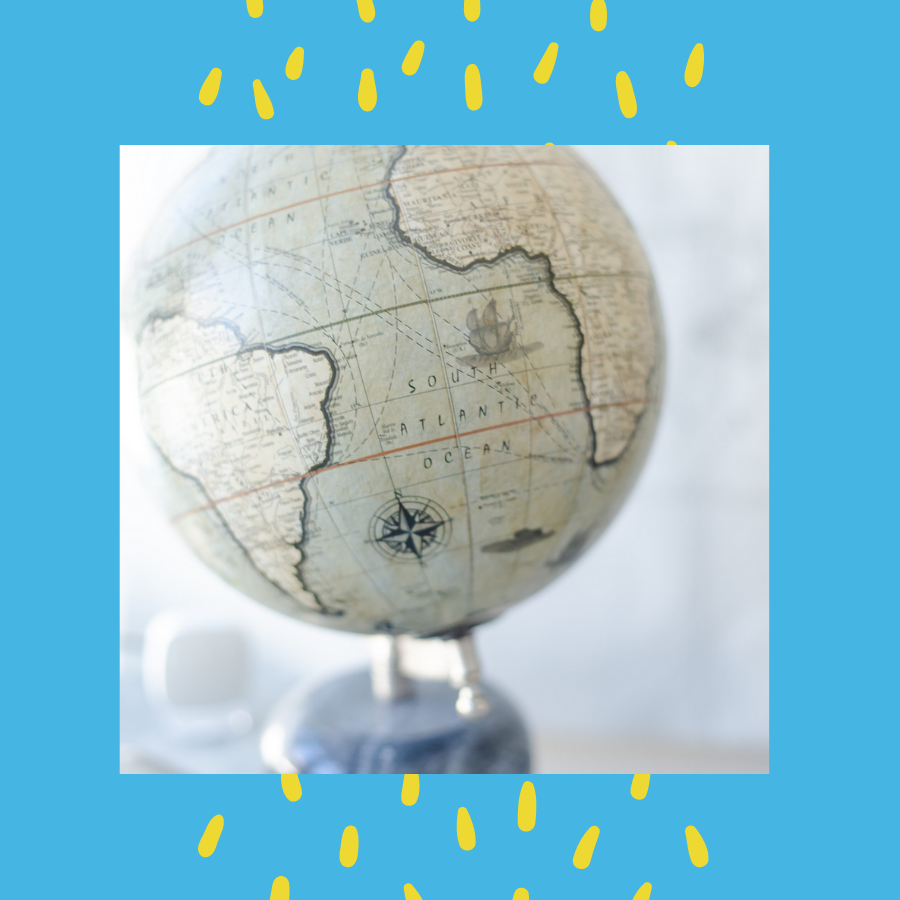Sitting with family, we got into a discussion about equality. A loved one said, “I don’t need equality. I want fairness.” It was indeed a fair point met with an agreement with those in the conversation.
Equality is defined as “the state of being equal, especially in status, rights, and opportunities”. The word is foundational in most definitions used to describe feminism. Fairness is defined as “impartial and just treatment or behavior without favoritism or discrimination”. Neither word surrenders in their intention for humanity to evolve. Fairness does read with complacency like the person just wants to be seen. However, it is an anchor against the bare minimum in any place, particularly where vulnerable populations hold. These words are blueprints.
My ruminations come once again from all the words to articulate the thought of a better society, a society that works for all of us. People and their identities are no longer in the shadows. They are all marching. We are all going to have a plethora of words to define progress. Equality gives us the breath to declare our values and expand our notions of what can be.
Here are a couple of organizations and books expanding our views on a more equal and fair society:
Higher Heights: This organization raises money for Black female candidates to run for office. They are also invested in building civic participation beyond Election Day and expands their leadership capacity. In addition, She Will Rise works to ensure that a Black woman will sit on the Supreme Court, which is overdue – you can see what they said here at the announcement that Judge Ketanji Jackson Brown would be nominated for the Supreme Court. They also highlight Black women being considered by federal judgeships across the country.
Poderistas: A platform made by Latinas, for Latinas. Beginning in 2018 to rally the Latino vote. It has since blossomed into a multi-platform engagement center to learn about Latinas and their experiences. Their mission is to “elevate, celebrate, and inspire Latinas to amplify their voices and actions on behalf of themselves and their communities”.
Everybody: A Book About Freedom by Olivia Laing: In her sixth book, Laing writes about the body through great freedom movements of the 20th century including prominent figures Nina Simone, Christopher Isherwood, Andrea Dworkin, Sigmund Freud, Susan Sontag, and Malcolm X. Focusing on the body as a source of power and against oppression is focal point that drives our awareness of equality and fairness.
What books and/or organizations would you include that are broadening your perspective on equality and fairness?


![This April we're diving into Muslim voices with some pretty incredible titles✨️
This members will also receive a sticker from @marhabaprints! Marhaba Prints is a South Asian and Islamic inspired online stationary store selling greeting cards, notepads, stickers, and more, that aims to be a bridge between Pakistani heritage, Islamic teachings, and Canadian culture.
As always we'll be discussing these titles in our online community! Join by April 9th to get one of these titles in your mailbox!
Learn more by heading to the link in our bio!
[alt text: three slides showcasing six books including: Hijab Butch Blue by Lamya H, All My Rage by Sabaa Tahir, Read Dangerously by Azar Nafisi, Read This to Get Smarter by Blair Imani, We Hunt the Flame by Hafsah Faizal, and You Exist Too Much by Zaina Arafat.]](https://www.feministbookclub.com/wp-content/plugins/instagram-feed/img/placeholder.png)